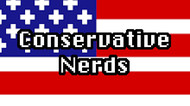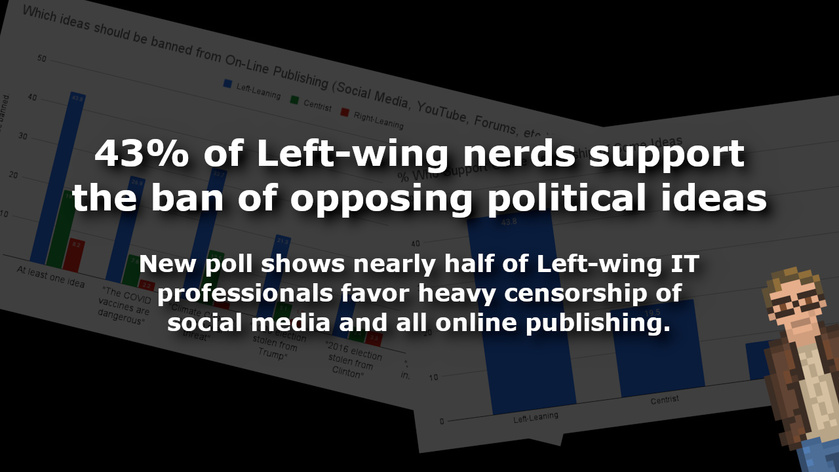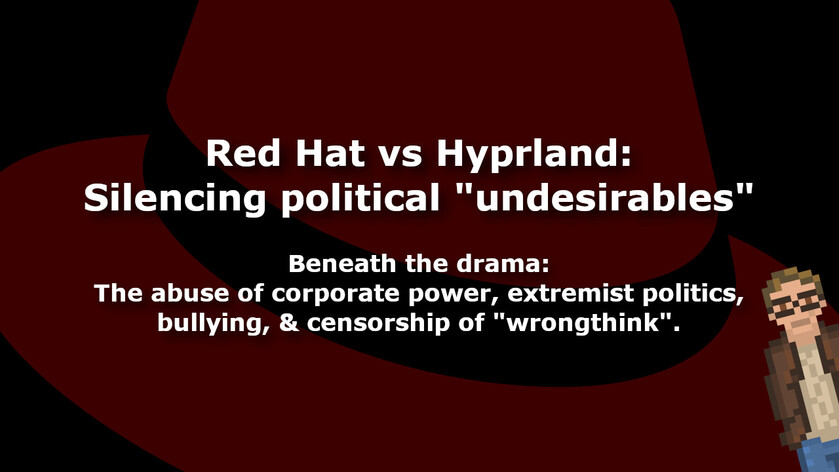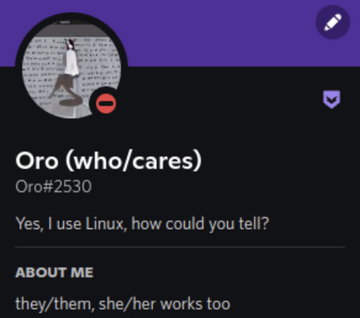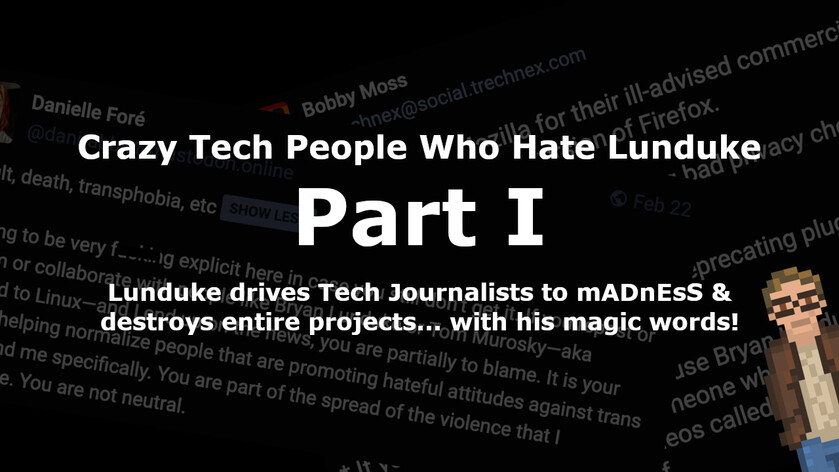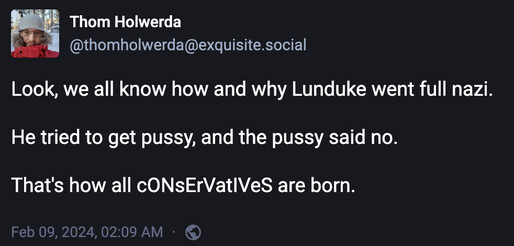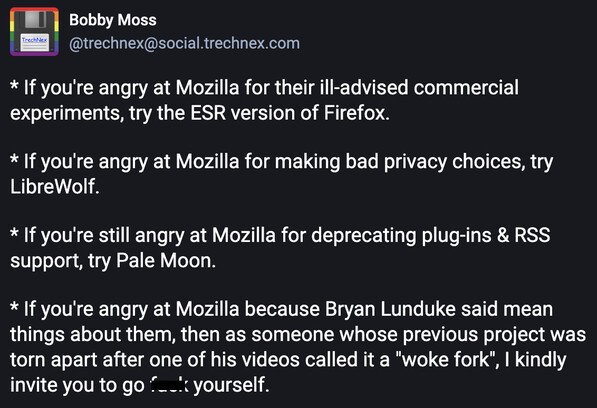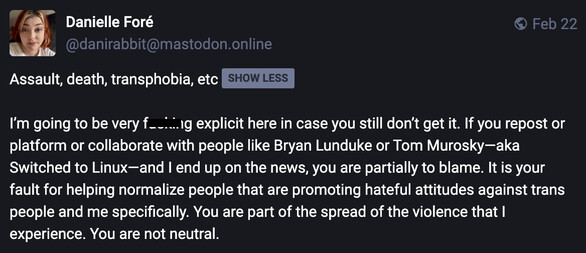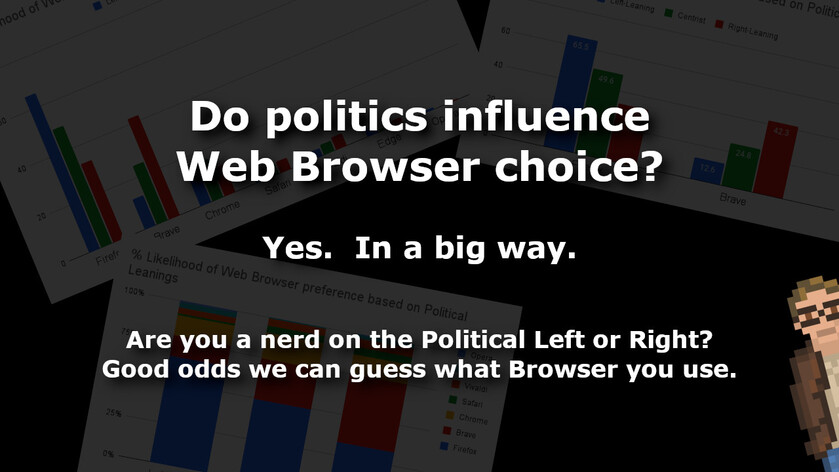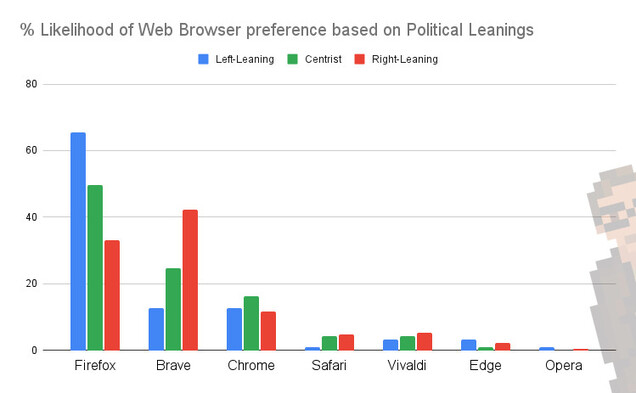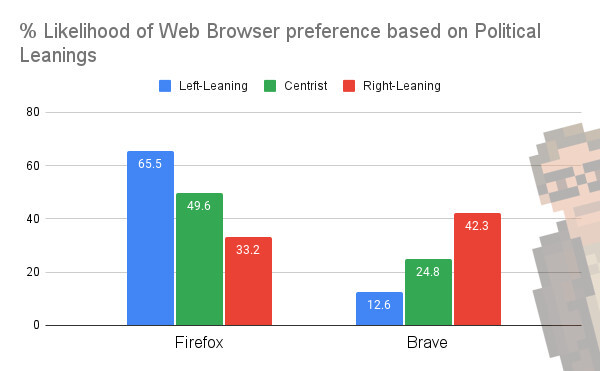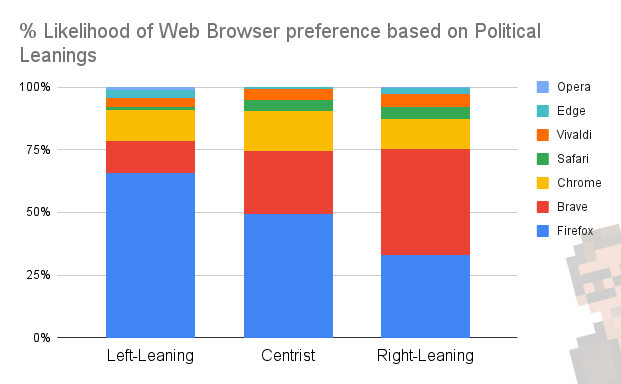Censorship of online discourse is a major point of disagreement between the political Left and Right.
Tech organizations perceived as "Politically Left-leaning", tend to support the banning of ideas from Online publishing platforms (Social Media, YouTube, Forums, etc.) -- Mozilla's infamous declaration of "we need more than deplatforming" being one such example.
On the flipside, most moves towards less censorship are regarded as being "Politically Right-leaning" -- a great example being Elon Musk's purchase of Twitter, and subsequent loosening of some censorship rules on the X / Twitter platform.
But -- among those in the Tech Industry -- what are the true numbers of those who support the censorship of ideas?
What percentage of those on the Left, Center, and Right (politically) actually support the complete banning of certain ideas from online publishing?
The Lunduke Journal asked 7,200 people in the Tech Industry for their opinions on the topic. These respondents represented a wide range of technical, political, and demographic backgrounds.
Here are the results.
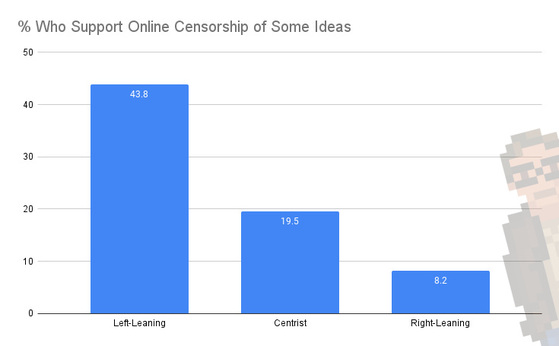
43.8% of all Tech Industry respondents, who identified as "Left-Leaning" politically, said they supported the total banning of at least one idea from all online publishing platforms.
Compare that with 19.5% for political "Centrists" and 8.2% for those who said they were "Right-Leaning".
The exact question, asked in the survey, is as follows:
"Which of the following ideas should be censored or banned from Social Media, Community Forums, YouTube, or other public publishing platforms?
Note: Not ideas which you agree or disagree with. Only those which should not be allowed.
Check all ideas which should not be allowed on public platforms."
The 6 following options were presented:
- The 2020 election was stolen from Trump.
- The 2016 election was stolen from Clinton.
- The COVID vaccines are potentially dangerous.
- Climate Change is not a real threat.
- There are only two genders (male and female).
- January 6th was a dangerous insurrection.
Six ideas, from different ends of the political spectrum (and touching on different types of topics).
Here is the breakdown, by political leaning, for each idea:
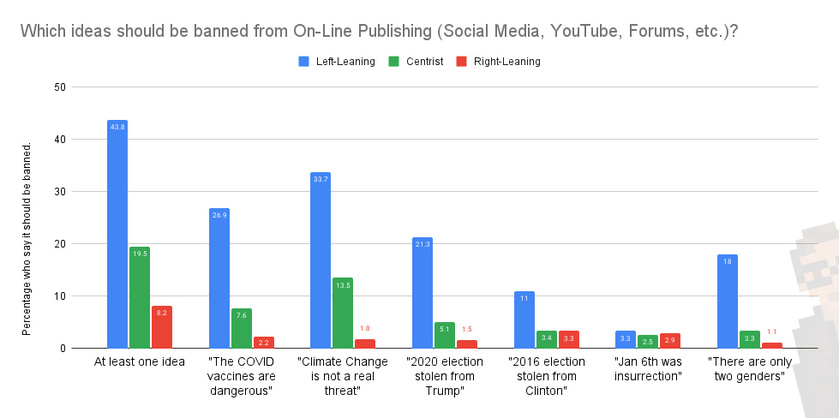
The numbers speak for themselves, but a few quick takeaways:
- There appears to be no topic where a majority (over 50%), of any political leaning, supports full censorship.
- Just the same, a significant percentage (between 18% and 33%) of Left-leaning people advocated for a full banning of specific ideas and topics which disagreed with their core political messaging.
- Nearly half of all Left-Leaning people (43.8%) support the total banning of at least one concept from being discussed online.
- When the ideas agreed with Left-leaning political messaging -- such as "2016 election stolen from Clinton" or "Jan 6th was an insurrection" -- Left-leaning support for censorship dropped significantly (down as far as 3.3%).
- Right-leaning support for idea banning stayed very low (3% or lower) and consistent, regardless of the idea (including Left-wing political messaging).
In other words...
When an idea contradicts Left-wing talking points or values... a significant percentage of Leftists believe it should not be allowed to be discussed online. By anyone. It becomes a forbidden concept entirely.
People on the Right, by and large, do not wish to restrict the ideas of anyone. Even when those ideas are ones which contradict Right-leaning talking points or values.
About The Great Tech Industry Demographics Survey
This report is derived from data obtained between February 22nd and March 10th of 2024, as part of the Great Tech Industry Demographics Survey. During this survey, 7,200 respondents (a sample size many times larger than used by most polling agencies in national elections) answered 46 questions on a wide variety of technical, political, personal, and IT work-place related topics.
The survey was distributed by a wide range of writers, podcasters, YouTubers, & tech enthusiasts -- representing a variety of computing preferences (Windows vs Mac vs Linux, etc.) and political leanings.
The full, anonymous data will be released -- to allow for additional public analysis -- following a round of initial reporting by The Lunduke Journal.
If you are not already a subscriber to Conservative Nerds (part of The Lunduke Journal), now's a great time. At the very least, get yourself a free subscription so you don't miss out.
Find more information (including RSS Podcast feeds, links to some of the big shows, how to become a whistleblower, how to gain access to other parts of The Lunduke Journal, and more) at the Lunduke Journal Link Central page.
